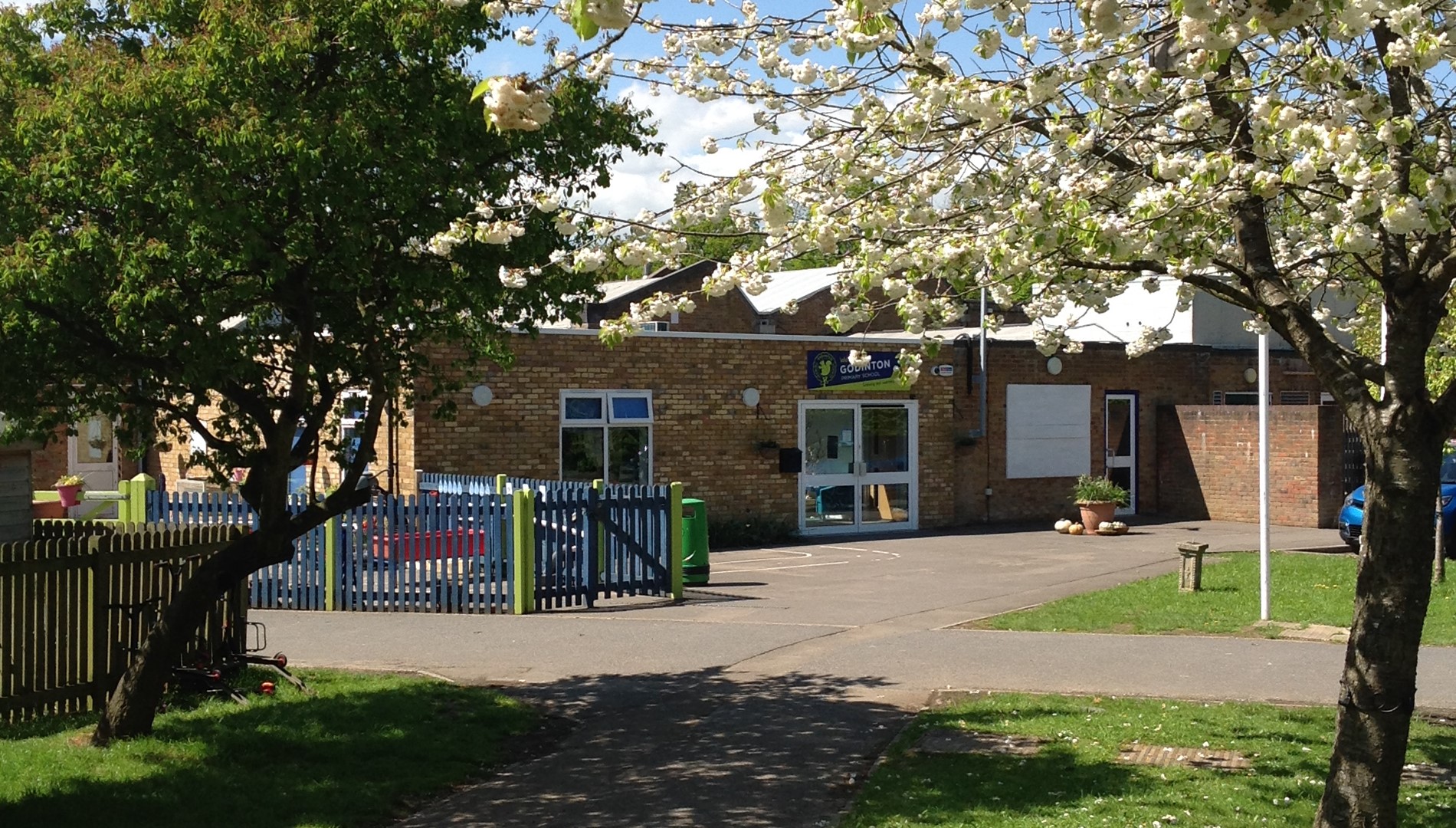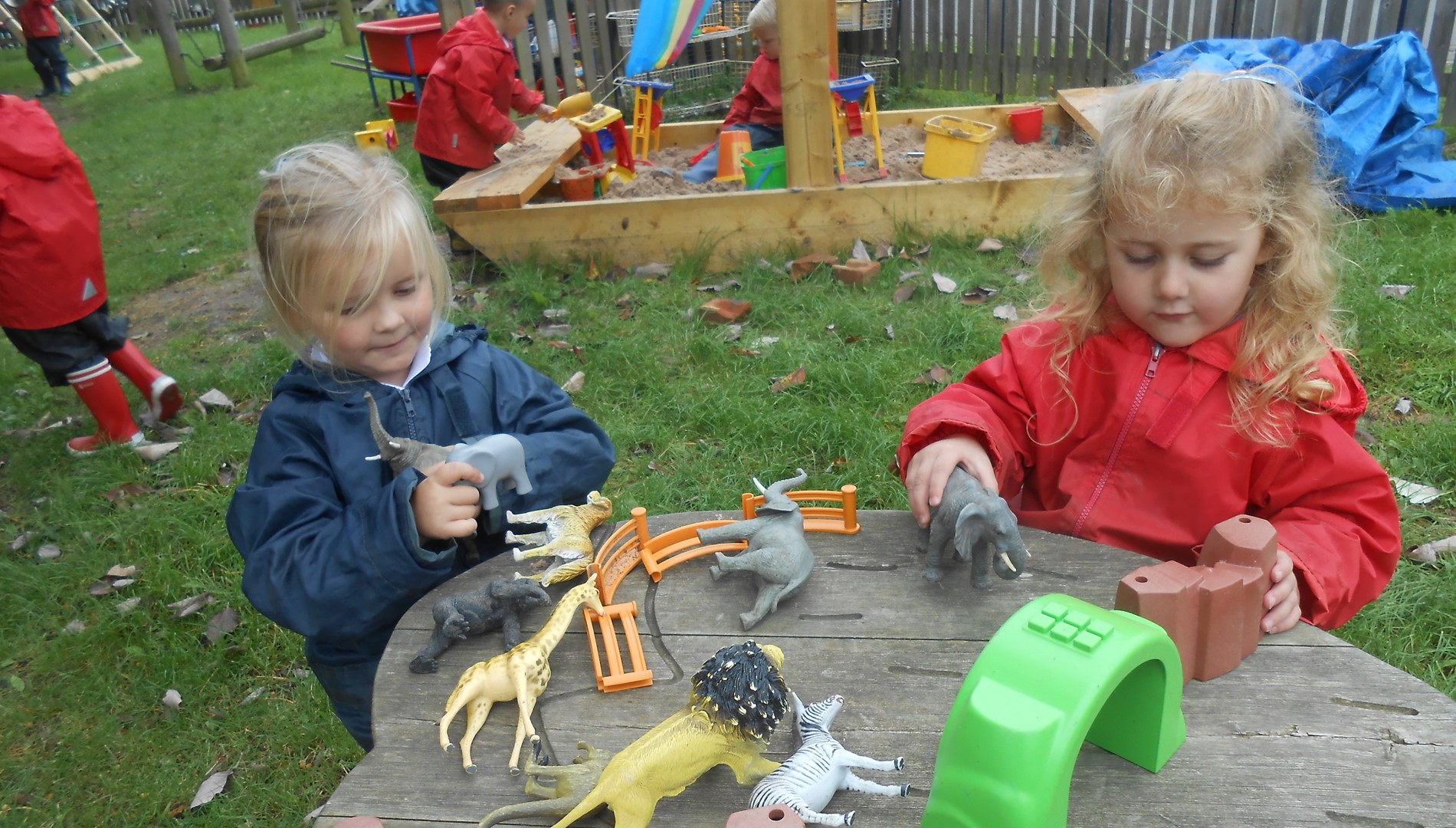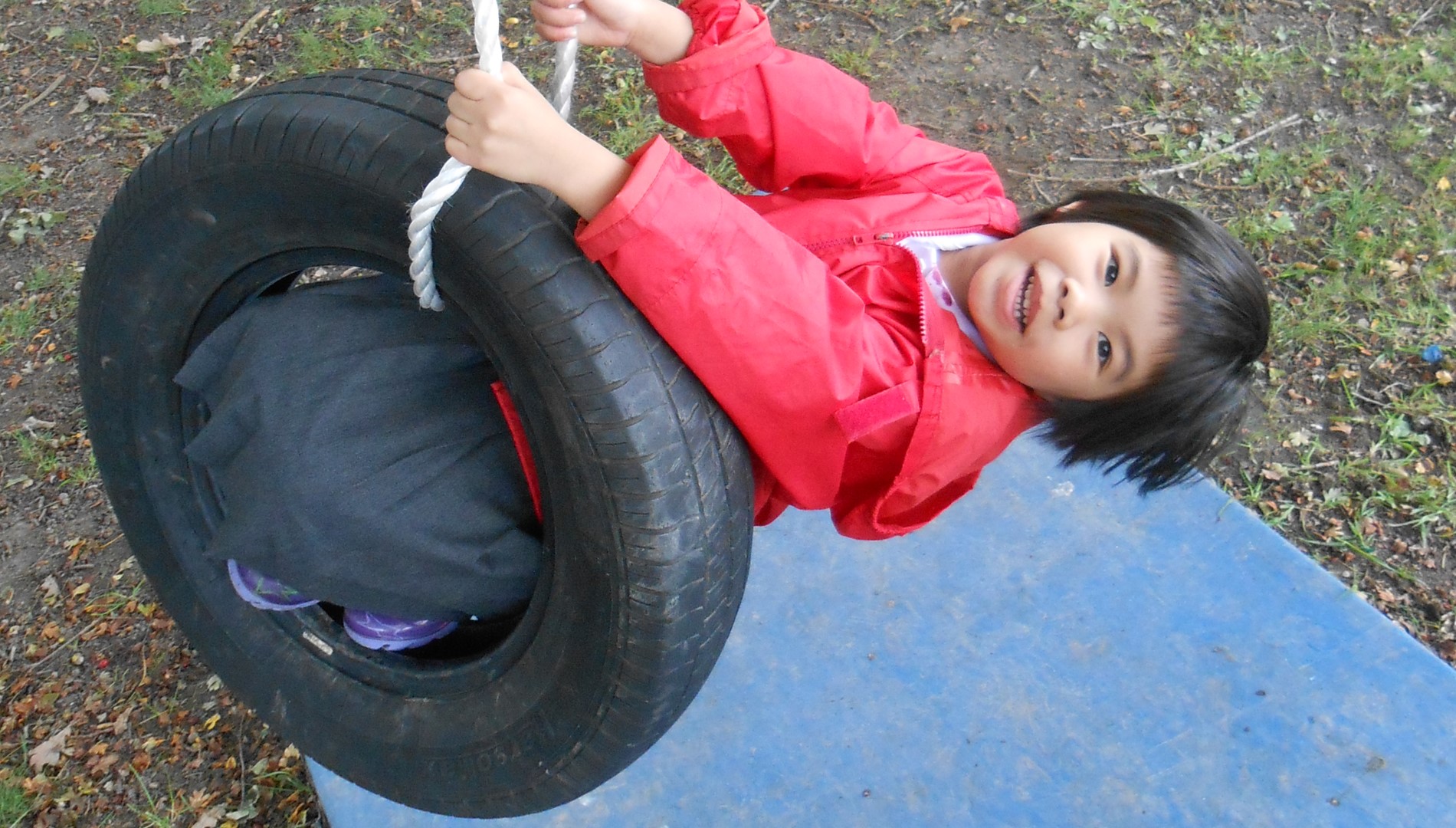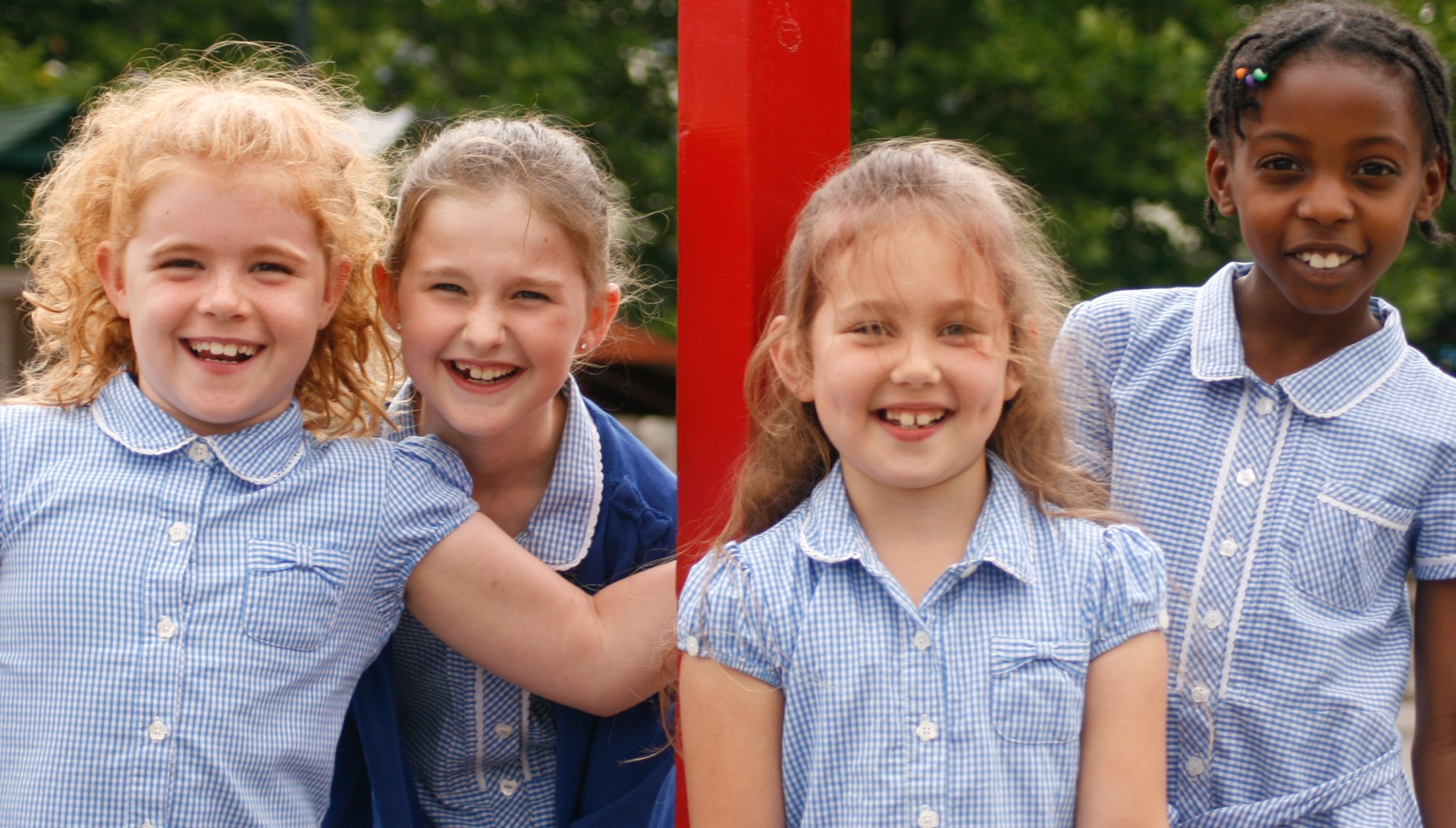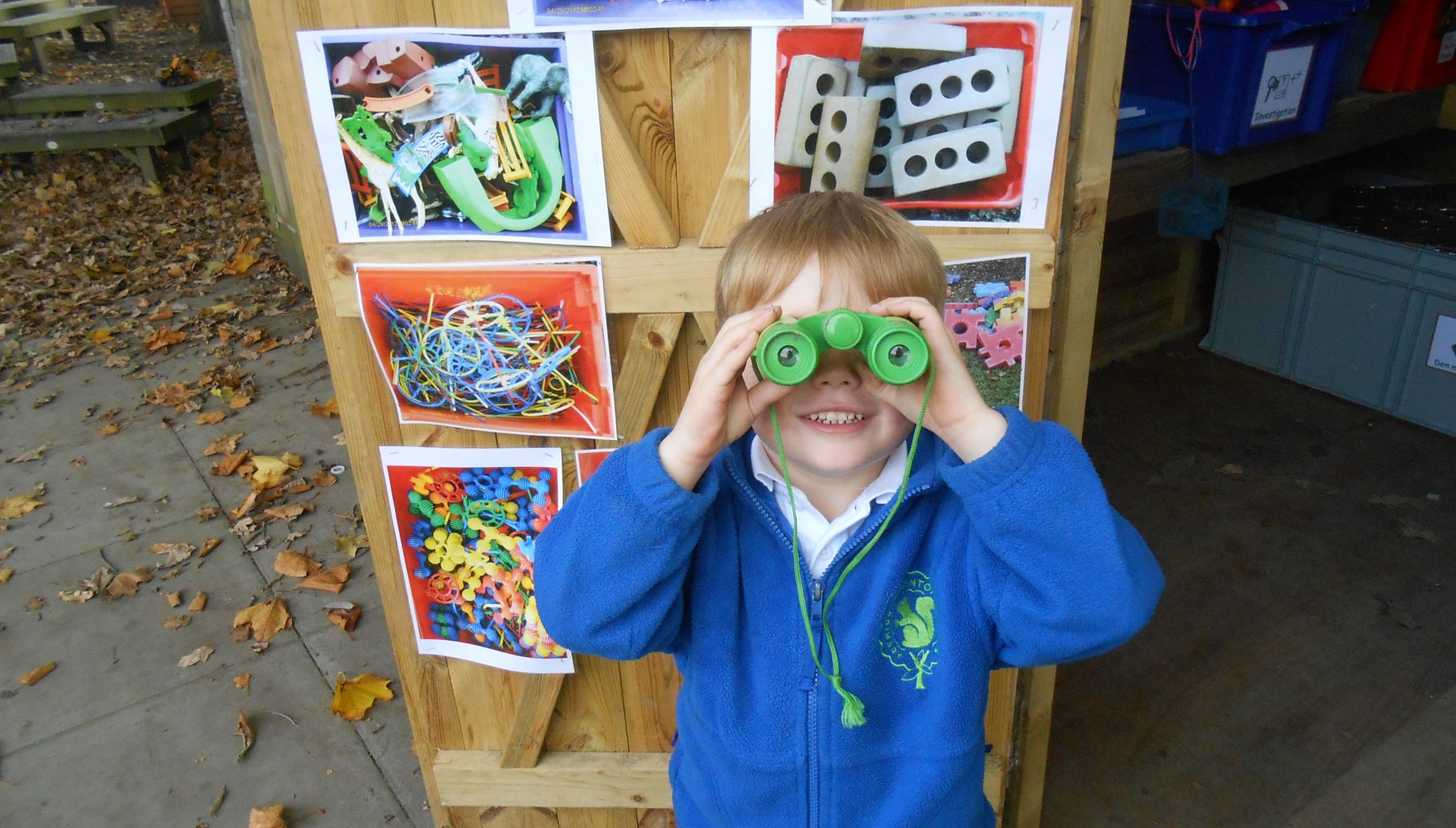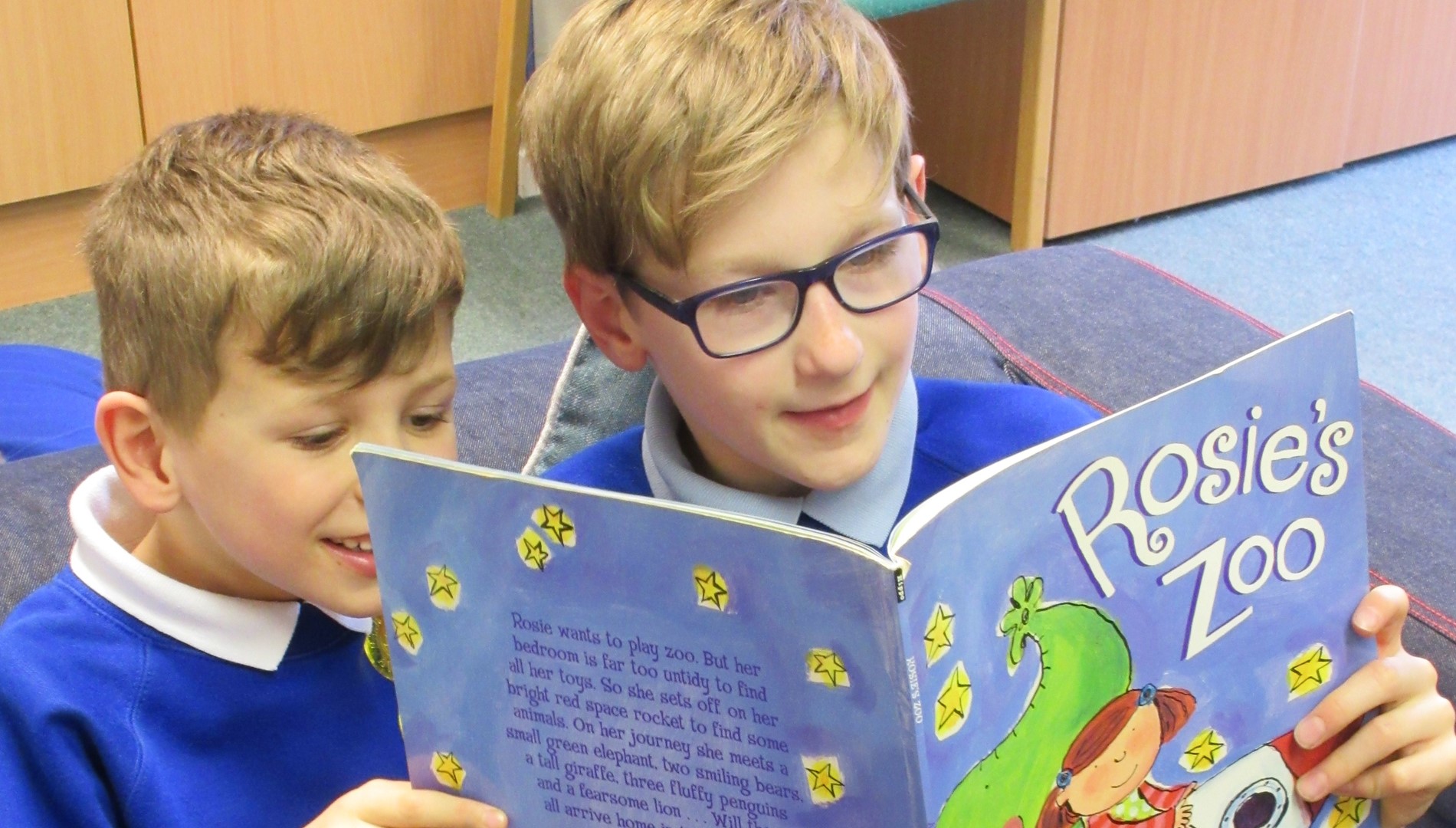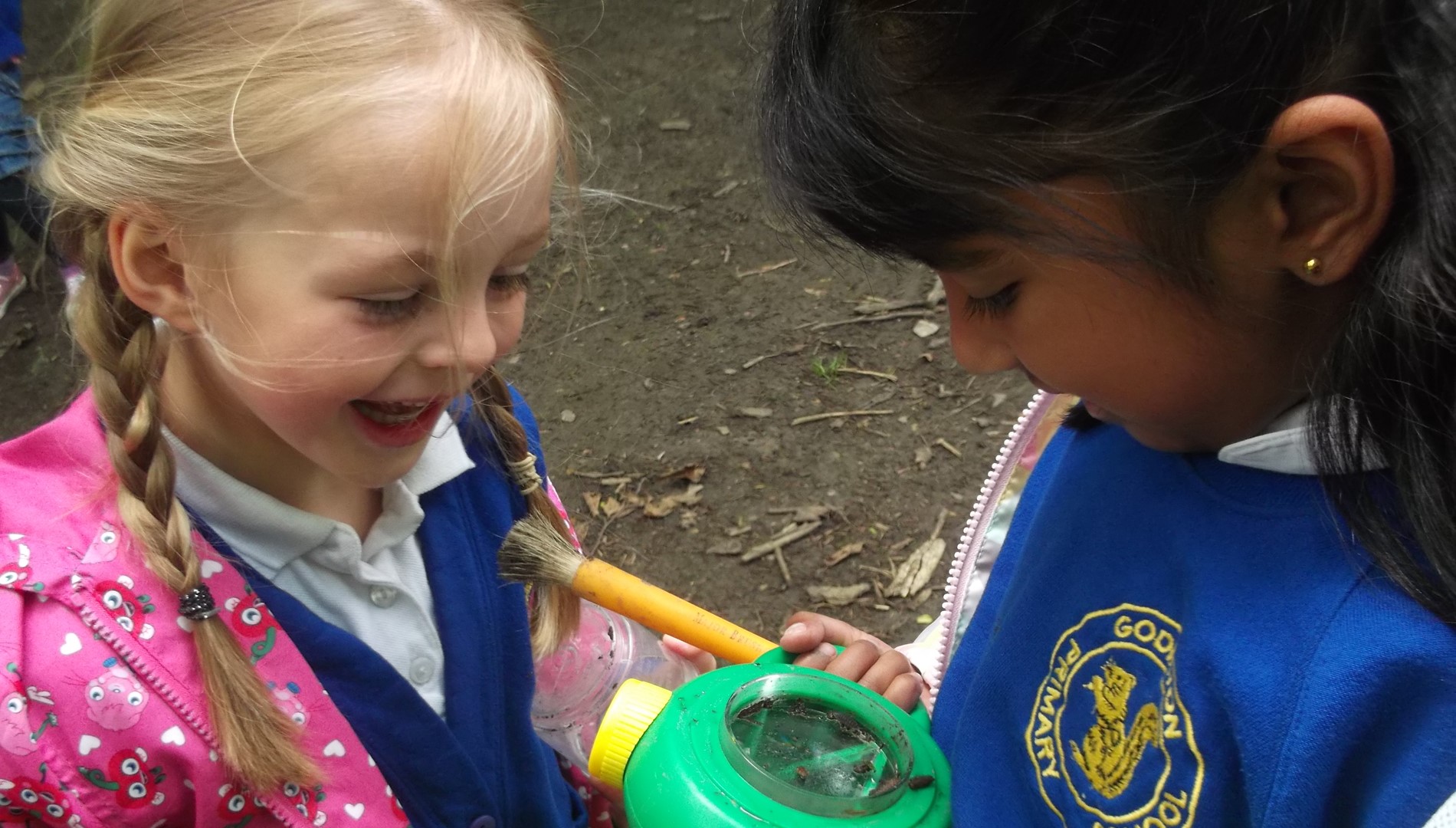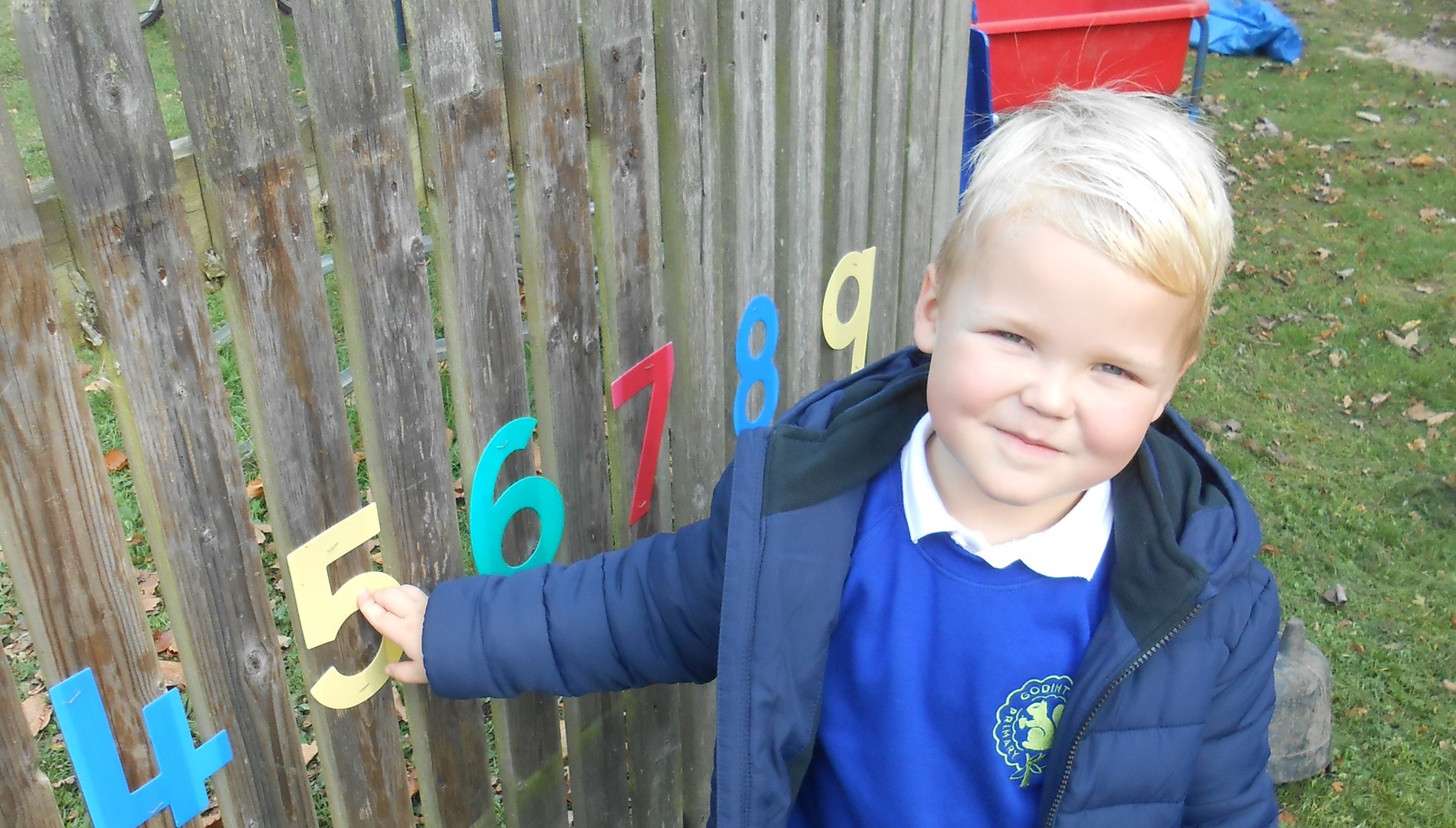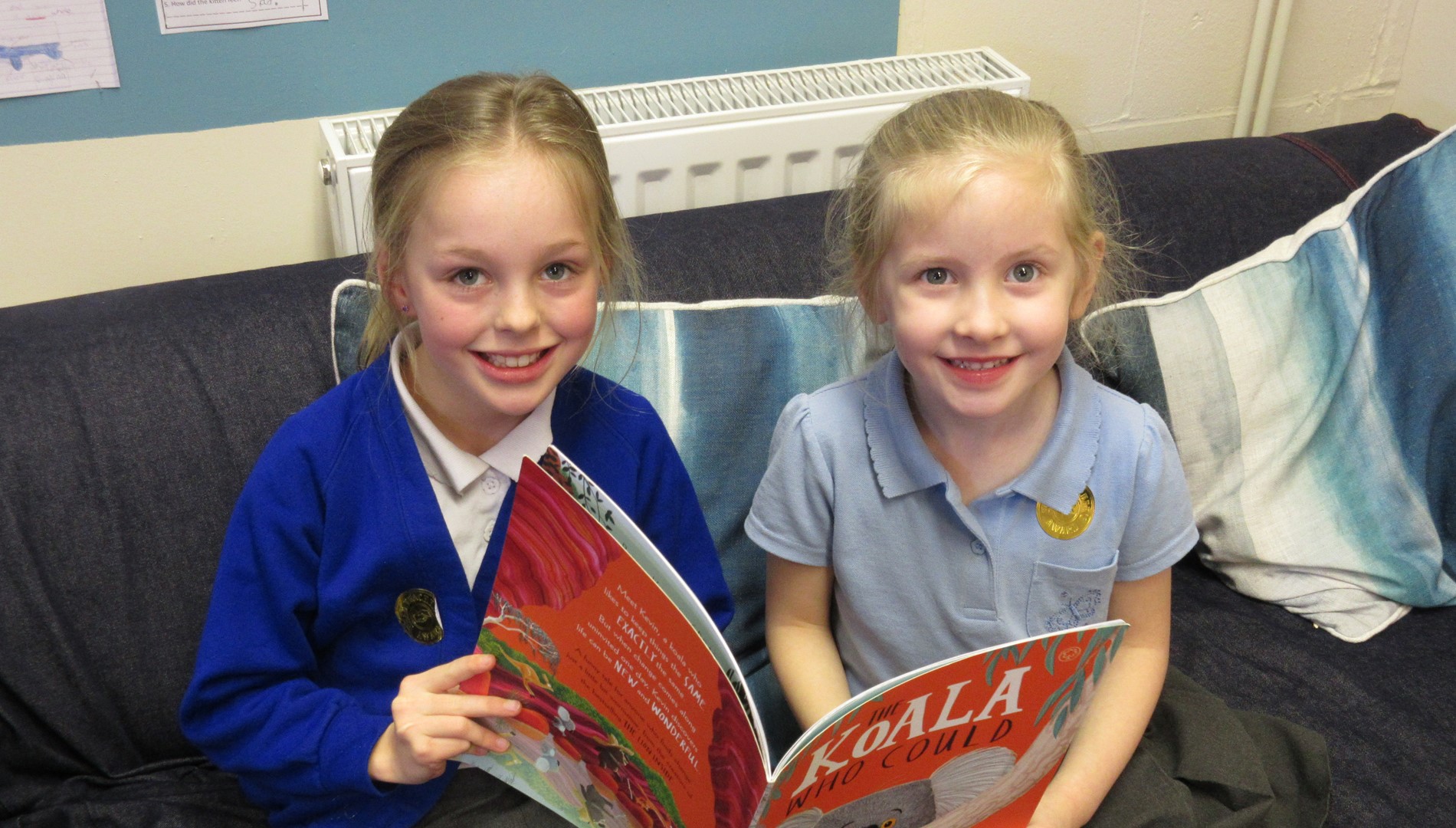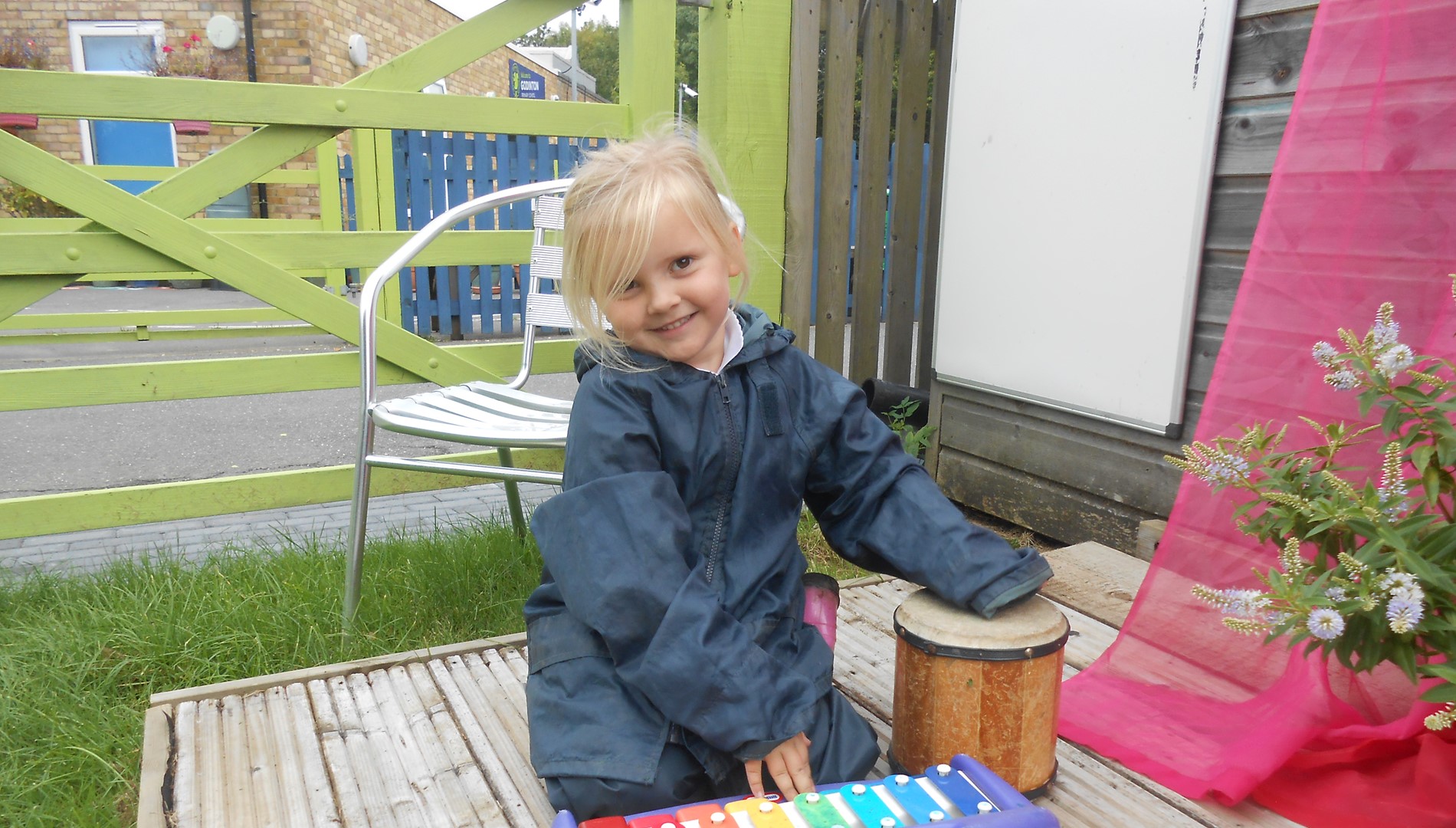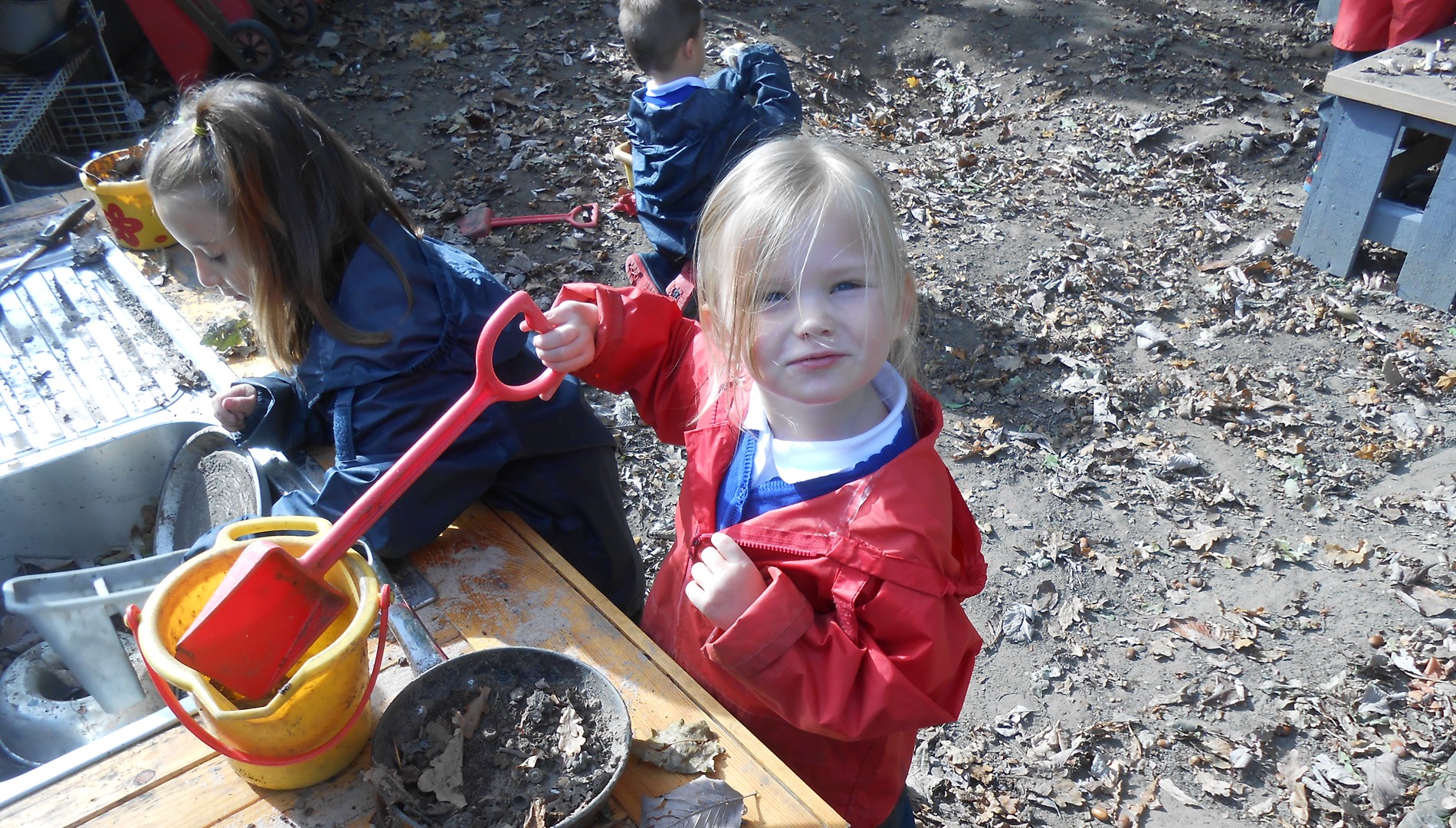Our Historical Adventure - The History Curriculum at Godinton
Curriculum Intent
Our historical adventure takes our children on a journey back in time to explore life in the past. At Godinton Primary School, our history curriculum is designed to ignite children’s passion and curiosity about events and periods in time from exploring ancient civilisations to learning about modern historical events such as the civil rights movement in America or Women’s suffrage. We are determined that alongside the acquisition of historical knowledge there should be a strong focus on the progressive development of historical skills to enable our children to ask perceptive questions, think critically and use evidence about the past, to be historical detectives and investigate as historians do, such as questioning the reliability of sources. We believe that through our carefully designed history curriculum, our children will gain coherent knowledge and understanding of Britain’s past and that of the wider world. Through finding out about how and why the world, our country and local communities have developed over time, our children can understand how the past influences their present.
Please click here to view our History end point document.
As part of our Guiding Stars curriculum, History is the leading light subject for ‘Motivation’.
Within our History curriculum, the children will explore why people in the past behaved as they did and what motivated them to succeed. They look at the evidence behind this motivation such as historical accounts which present different viewpoints. The children learn why people are motivated to make changes for the better and explore how they did this and what impact it had on individuals, groups and wider society. They explore the challenges faced by people in the past, how they coped with adversity and came up with solutions for the better. The rights of minority groups are explored, particularly how these have changed over time, shaped by the desire for equality. The children look at changes in technology and why people are motivated to make advancements in this area.
Click on the Motivation icon below to find out more about how the children’s understanding of motivation progresses throughout our history curriculum.
Curriculum Implementation
Our curriculum focuses on a wide range of historical periods incorporating British, local and world history. This includes, life in Anglo-Saxon Britain, the Ancient Greeks, The Industrial Revolution and The Great Fire of London. Whilst learning about these periods of time, we also ensure that children learn about the work of famous historical figures and the impact they had on lives at that time and in shaping our lives now. Elements of Black history feature prominently within our curriculum in Upper Key Stage Two including exploring the Windrush post-war immigration and the impact of this. Some units of history are more thematical, such as comparing modern toys with those of the past or exploring developments in aviation. We support children with their understanding of chronology and when events are sequenced in time.
Across the school, each year group is allocated at least two areas of historical study. In Key Stage 1, each historical unit is taught as a series of lessons over 6-8 weeks. In Key Stage Two, the historical unit is taught over a longer period, usually 10-12 weeks with flexibility in how the sessions are timetabled.
Lessons are planned carefully to ensure that children gain a good historical knowledge of the historical period studied. Whilst it is not possible to teach all of World War Two for example, in 6-8 lessons, we want to ensure that our children develop an in depth understanding of a particular aspect e.g. evacuation from a child’s perspective. Alongside developing pupils’ historical knowledge, teacher’s plan lessons to develop historical skills, building on prior learning.
As the children progress through their historical journey, it is important that they develop the progressive skills of a historian and not just learn a series of facts about the past. In History, pupils at Godinton Primary School, find evidence, weigh it up and reach their own conclusions. To do this successfully, as historians, they need to be able to research, interpret evidence, including primary and secondary sources, and have the necessary skills to argue for their point of view; skill that will help them in their adult life. History work is recorded in pupil Learning Adventure books.
We enhance the teaching of history through educational visits and visitors to the school. This may include a visit to a museum or place of national historical importance such as Canterbury Cathedral. We take opportunities to make use of historical buildings within our local area such as Godinton House.
EYFS
The EYFS framework is structured very differently to the National Curriculum and it is organised across seven areas of learning. Our EYFS History Curriculum is designed around the most relevant statements taken from the Early Learning Goals in the EYFS statutory framework and the Development Matters document. In EYFS, History falls within the Understanding of the World area of learning.
It is our aim that when children at Godinton Primary School finish their first year of school and move into Year 1, they will be able to:
- Talk about the lives of people around them and their roles in society.
- Know some similarities and differences between things in the past and now, drawing on experiences and what has been read in class.
- Understand the past through settings, characters and events encountered in books read in class and storytelling.
Curriculum Impact
The impact of our history curriculum design will lead to secure progress over time across Key Stages 1 and 2 which will be relative to a child’s individual starting point. Children will be expected to leave Godinton reaching at least age-related expected knowledge and historical skills. We want to ensure that children who are achieving well, as well as those who need additional support, are identified and additional provision and strategies are planned into lessons to support their needs.
